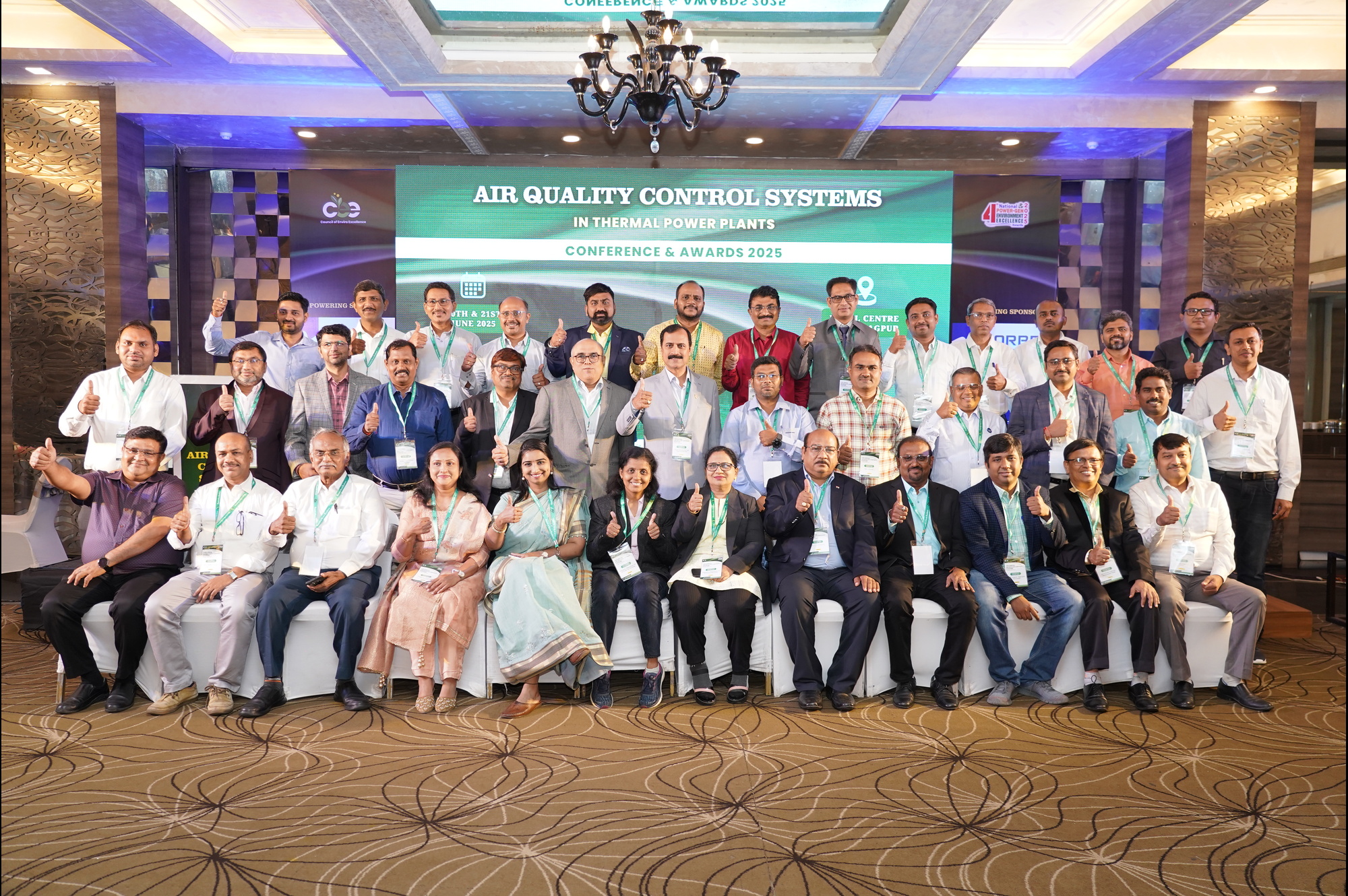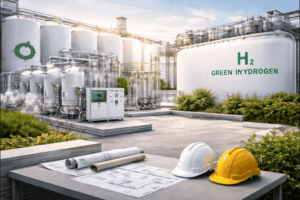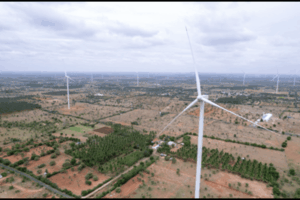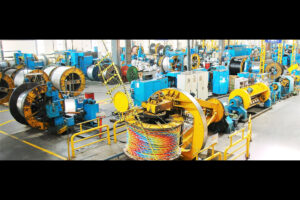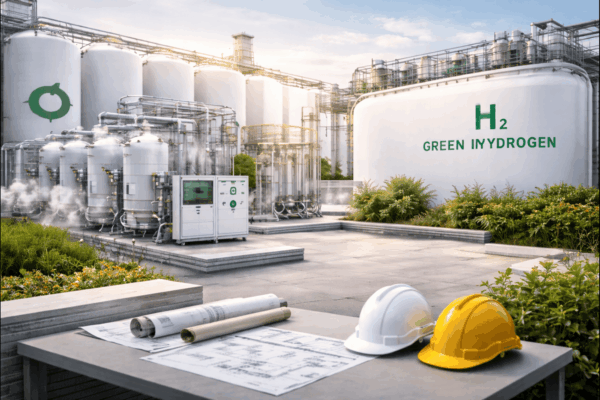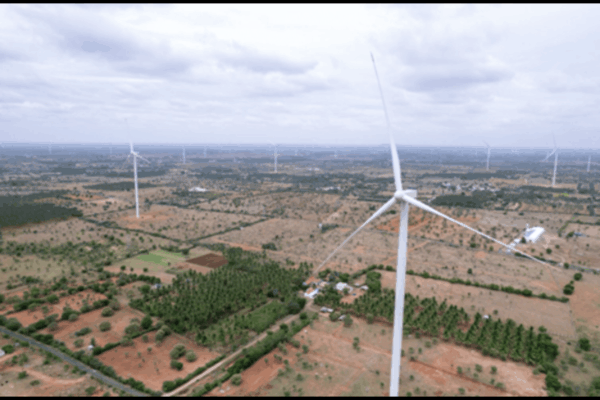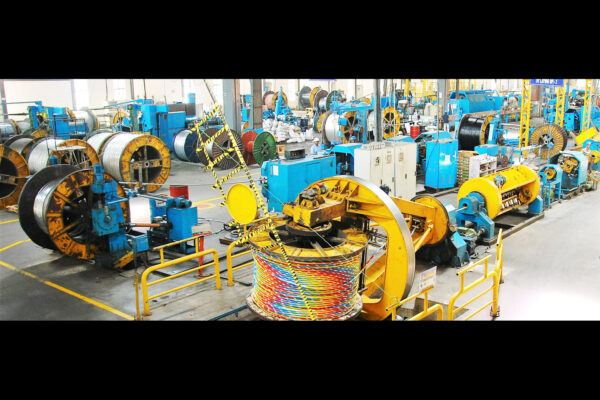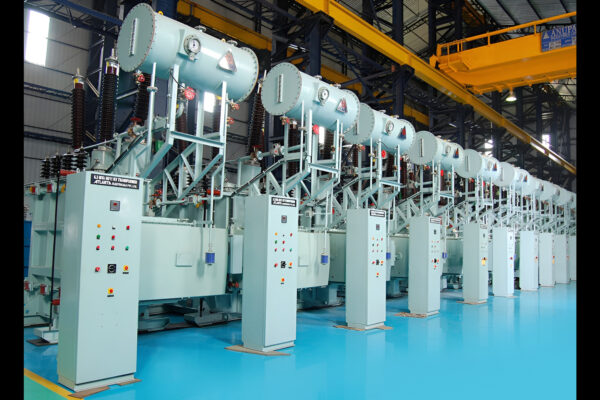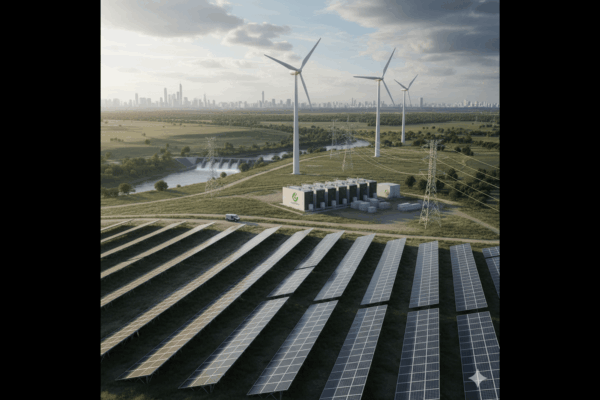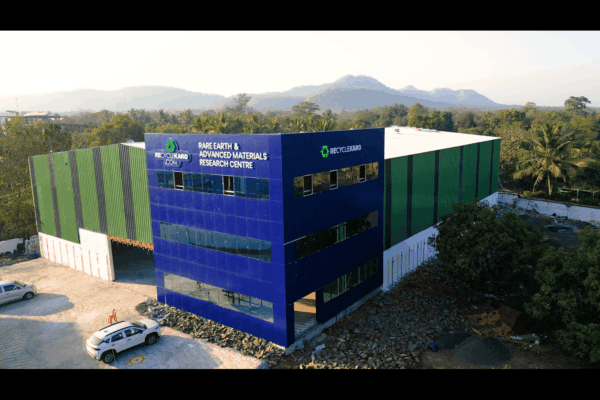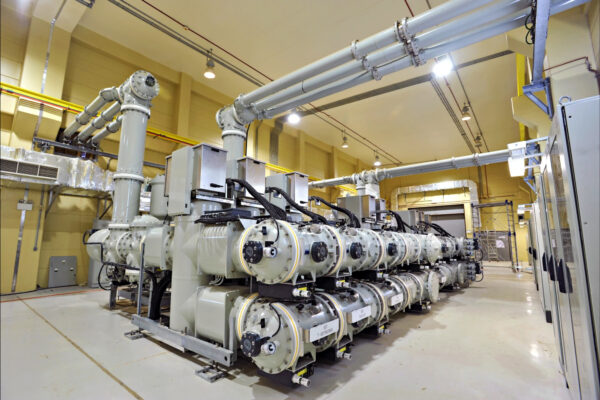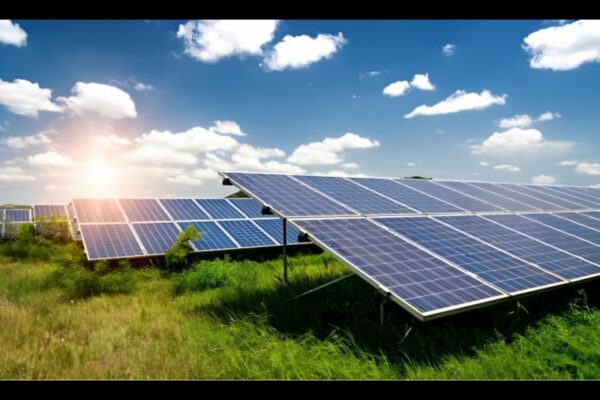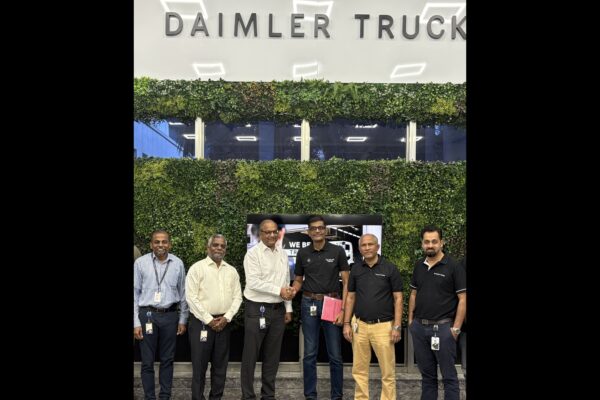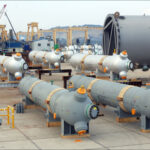India’s thermal power sector advances emission control
India’s thermal power plants remain a cornerstone of the nation’s electricity generation, with coal-based facilities forming the dominant share. As of March 2024, India’s thermal installed capacity stood at 243.21 GW, of which 210.96 GW came from coal-based power. The country currently operates 271 thermal power plants (as of 2023).
To mitigate the environmental impact of these coal-dependent plants, the adoption of Air Quality Control Systems (AQCS) has become imperative. Technologies such as Flue Gas Desulfurization (FGD) and Selective Catalytic Reduction (SCR) are being implemented to reduce sulphur dioxide (SO₂) and nitrogen oxide (NOₓ) emissions, respectively.
Delving into these critical developments was the recently concluded 4th Power Gen Environment Excellence Summit 2025, held in Nagpur on June 20–21. Organised by the Council of Enviro Excellence, the summit blended a workshop and technical presentations with the 4th National Power-Gen Environment Excellence Awards 2025, recognising excellence in emission control initiatives across India’s thermal power landscape. The event was supported by Powering Partner Forbes Marshall.
The summit was graced by the presence of Chief Guest Dr. S. Venkata Mohan, Director, CSIR-NEERI, who shared insights into NEERI’s policy-shaping initiatives. He emphasised fly-ash management and the role of decarbonisation in reshaping the thermal power sector. “NEERI has been working on these areas for more than five years. The focus is on climate change, carbon capture as well as a bamboo plantation. We are trying to reduce concerns around fly-ash and CO₂ emissions,” said Dr. Mohan. He further noted the implications of decarbonisation on investment across related sectors, and commended the Council of Enviro Excellence for initiating such a vital platform.
Workshop insights
The summit opened on day one with a focused 3-hour workshop led by Ajay Vajpeyi, Head COE, GE Power, and Hiren Nariyelwala, Sales Manager, GE Power. They focused on wet limestone-based FGD and lime-based semi-dry FGD technologies for SO₂ capture. “The primary parameter to measure the power consumption is the L/G (liquid-to-gas ratio), and high SO₂ capture ensures good mass transfer. This directly impacts recycle pumps, power, and other systems,” explained Vajpeyi, detailing the interlinkages between capture efficiency and operational optimisation.
The workshop covered FGD technology advancements, third-generation unit designs, and materials of construction for FGD sub-systems.
Expert-led technical presentations
The second day began with the ceremonial lamp lighting by key dignitaries from the AQCS ecosystem, including: Samir Bhandarkar, Divisional Head – CEMS Air Pollution Monitoring, Forbes Marshall; Amrit Halder, AVP – Process & Proposal, ISGEC; Ajay Vajpeyi, Head COE, GE Power India; K. Rajavel, Corporate Adviser – AQCS, Mitsubishi Heavy Industries; Pradeep Kumar Sharma, Sr. Manager – S&CE, BHEL; and Sultan Mansoori, Plant Head, Jindal Power Simhapuri Energy.
Amrit Halder’s presentation focused on SO₂ control options suitable for Indian conditions. He discussed regulatory drivers and technology fitment for Indian thermal plants.
K Rajavel addressed the challenges and current scenario, stating: “MHI has enough experience to comply with stringent requirements in Japan, and MHI can supply reliable technologies to meet Indian regulations.” He outlined AQCS solutions such as DeSOx, DeNOx, ESP augmentation, zero liquid discharge, heat recovery systems, SCR, and compact greenfield applications.
Pradeep Kumar Sharma offered insights into the FGD and Wet Stack Phenomenon, explaining environmental and technological aspects: “The Ministry of Environment, Forest and Climate Change has released notifications making environmental norms more stringent for thermal power plants which emit various pollutants through exhaust flue gas into the atmosphere.”
Ajay Vajpeyi continued the discussion with his talk on “Capturing SO₂ from Thermal Power Plants – A Necessity or a Choice.”
Samir Bhandarkar of Forbes Marshall presented on the theme “Emission Control: Can’t Manage What We Don’t Measure”, highlighting major pollutants such as dust, SO₂, NOₓ, and CO₂, and the role of boiler combustion analytics, emission monitoring, and gas analyser technologies in building robust control systems. His session underlined why Forbes Marshall remains a leader in emissions monitoring solutions across India’s power sector.
Recognising excellence
The two-day summit concluded with the much-anticipated National Power-Gen Environment Excellence Awards 2025, where 35 awards were presented to thermal power plants and individual experts across diverse categories. These awards celebrated commitment, innovation, and implementation excellence in reducing environmental impact from thermal generation.
As environmental regulations grow more stringent and expectations rise, events like the Power Gen Environment Excellence Summit will continue to drive the collaboration, technology adoption, and forward-thinking strategies needed to build a cleaner, more resilient power sector for India.
Tags

